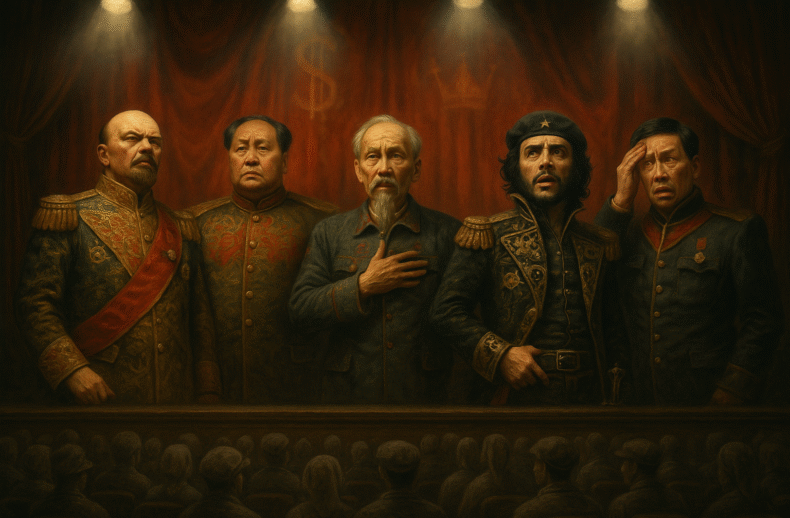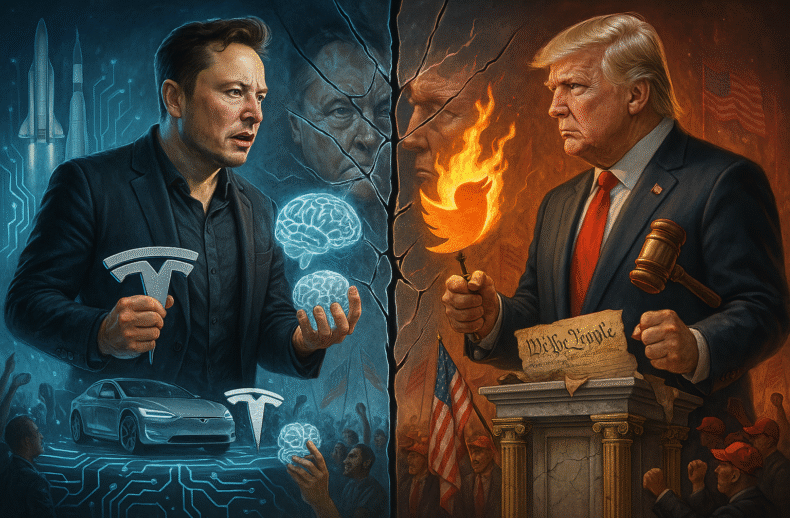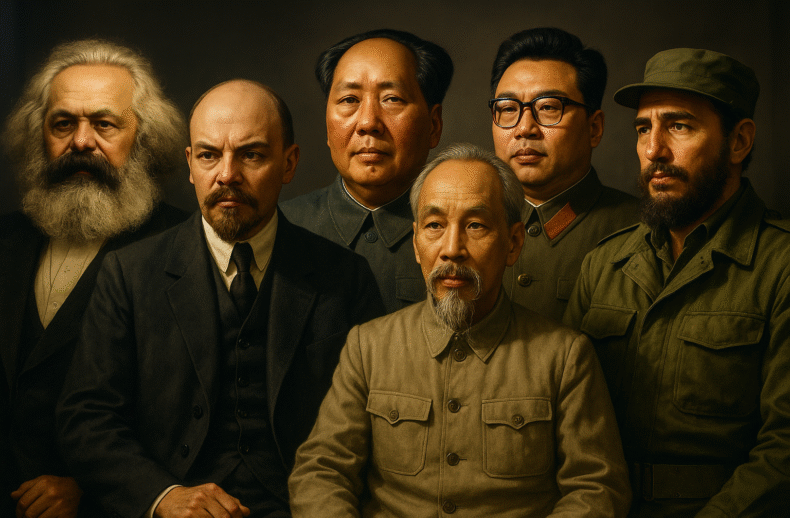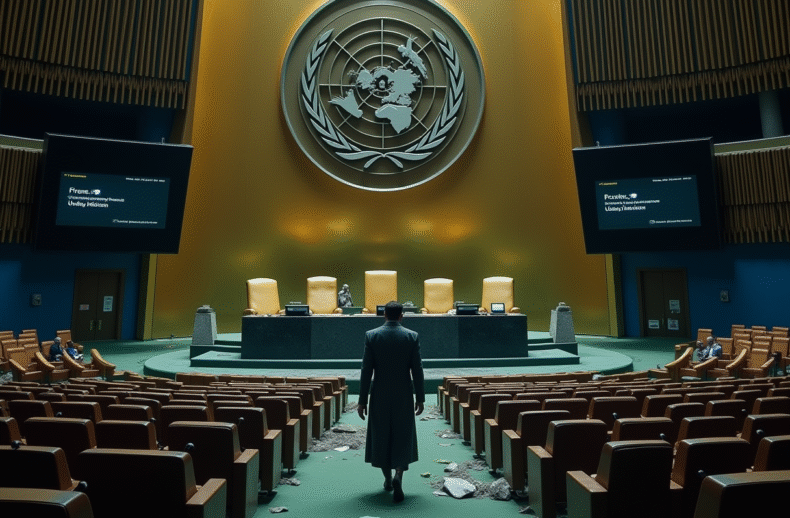As Elon Musk and Donald Trump clash over the latest U.S. tax bill, the real issue lies deeper than any political feud: the myth that economic growth can solve structural debt and social decay. For decades, leaders have promised that growth will cover deficits, fix inequality, and preserve prosperity—but those promises are collapsing under the weight of demographics, ecological limits, and financial saturation. This essay dismantles the illusion that GDP can rescue us, exposing growth as a political performance—one that distracts from the urgent need for a post-growth economic paradigm rooted in balance, contribution, and structural reform.













